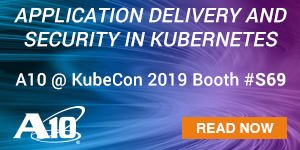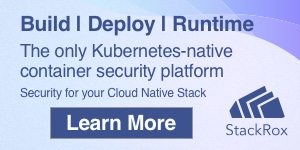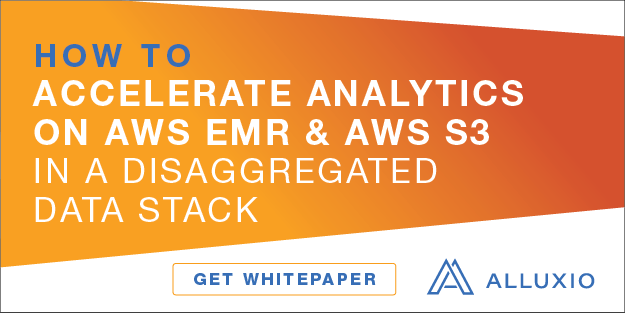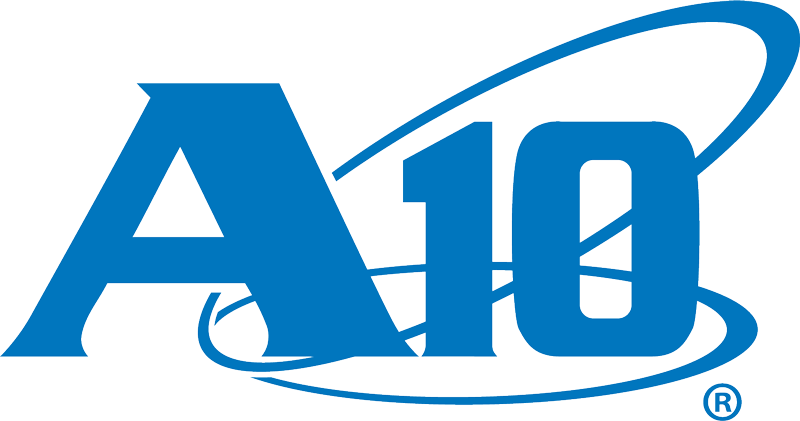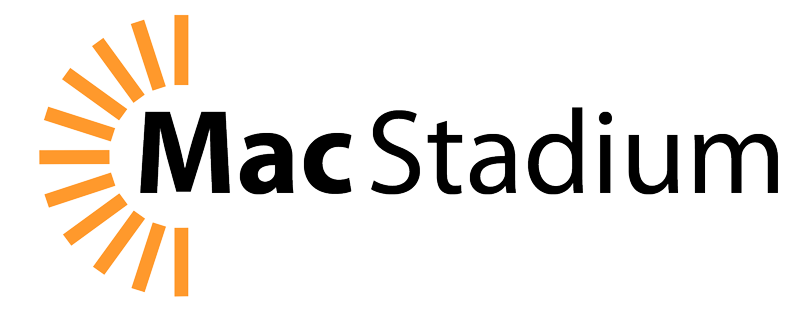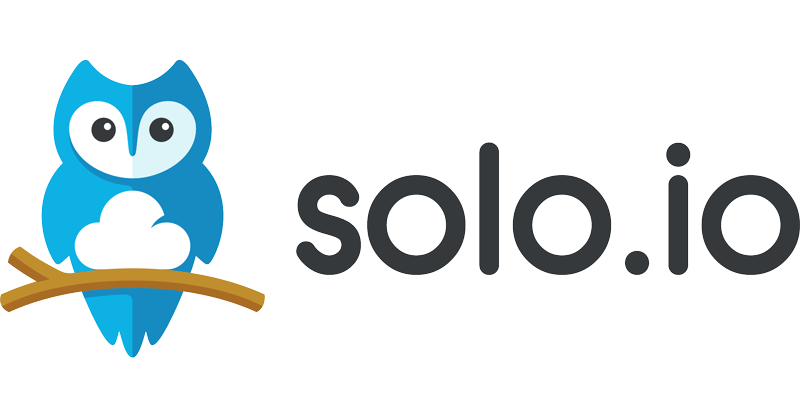VMblog: As a KubeCon 2019 sponsor, how can people find you at the show?
Ali LeClerc: You can find the Alluxio Booth SE4 in the Start Up section of the exhibit hall. We're excited to meet attendees as well as other start-ups in our exhibit area.
VMblog: Is there anything interesting or unique about your booth? Is there a theme this year?
LeClerc: In 1 sentence - come win a drone right on the spot at the Alluxio booth. We give out hundreds of drones at our shows. All you have to do is pick the BLUE BALL out of the bag of white ping pong balls at our booth and you're a winner (the odds are pretty good).

One of our lucky drone winners at a previous show!
VMblog: If an attendee likes what they see and hear at your booth... what message about your product can you send them back with to sell their boss on your technology?
LeClerc: Alluxio is an open source data orchestration platform for the cloud that enables separation of compute and storage.
When it comes to "kubernetifying" your analytics stack, if data isn't co-located with compute within Kubernetes, it needs to be either access remotely (meaning poor performance) or needs to be manually copied into the K8s cluster (meaning a lot more additional devops and management on a per workload basis).
Alluxio solves those problems for you. Alluxio moves data seamlessly (no management overhead) from remote data silos from cloud stores like S3, or file systems like HDFS, into your K8s cluster for tighter data locality (fast performance) and highly elastic data access for your elastic compute within K8s.
VMblog: Thinking about your company, give readers a few reasons why your product or service is considered unique.
LeClerc: Alluxio is the only data orchestration platform on the market today, and the only data orchestration platform that works with Kubernetes. We enable elastic data for elastic compute with tight locality in K8s, meaning you can cache data close to compute, enable high-speed data sharing across jobs, and orchestrate data across storage systems.
VMblog: How does your company and product fit within the container or cloud ecosystem?
LeClerc: There are two different ways to deploy Alluxio in Kubernetes:
1) Alluxio and the compute framework in different pods on the same host for use when your compute (like Spark) is short running and ephemeral

2) Alluxio and the compute framework in the same pod for use when compute (like Presto) is long running

The full deployment may look something like this:

VMblog: What are you looking forward to most at this year's event?
LeClerc: We're looking forward to meeting the K8s community and understanding the challenges (and how we might help) they face around their analytic/AI workloads. We always enjoy events like these that bring together open source adopters and technologists, the discussions are always super insightful and inspiring.
VMblog: What, if anything, is holding the container market back? Or what is holding back wider deployment?
LeClerc: Containers are still being mostly used for non data-driven workloads. For data analytics and AI, approaches like data orchestration need to be used more widely to make the move to K8s easier.
VMblog: What do you hope to come away with from exhibiting at KubeCon? What does event success look like to you?
LeClerc: We hope to come away with a better idea of how Alluxio can help solve some of the challenges around running analytic/AI workloads in containers today. We want to meet as many attendees as possible and tell them a little bit more about how Alluxio can help solve some of those problems - as an open-source company, we're excited to meet other open-source folks and see how we can work together.
VMblog: What are some of the reasons why you believe a KubeCon attendee should add you to their MUST SEE list?
LeClerc: We can't say it enough - drones, drones, drones - come win a drone. And also, learn more about data orchestration - what it means, how it works, and how it can help solve some of the more challenging problems in today's analytic/AI workload environments.
